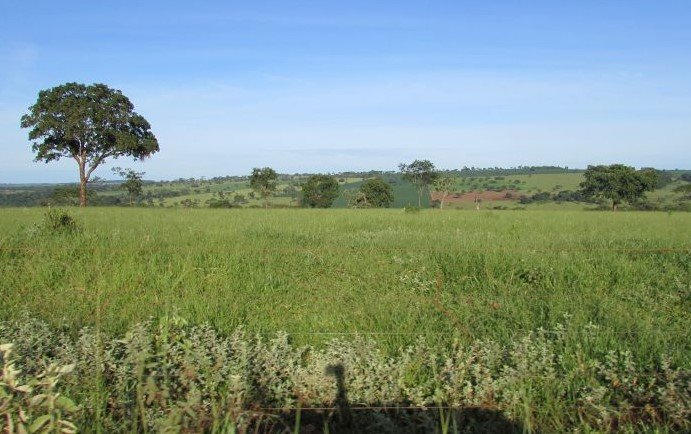Georgia is taking a big step toward smarter land management. The Ministry of Agriculture has unveiled plans for a new Land Information System (LIS) — a centralized platform designed to improve the way the country monitors and manages its agricultural lands.
A Central Hub for Land Data
The LIS will pull together a wealth of data on Georgia’s land resources. From soil composition to land cover details, this system aims to be the go-to source for anyone involved in agriculture. Farmers, businesses, and policymakers alike will get real-time insights to make better decisions.
It’s not just about convenience — it’s about sustainability. With agriculture playing such a vital role in Georgia’s economy, having detailed, accessible data means more efficient land use and better long-term planning.
“The LIS will be a valuable resource for farmers, individuals, legal entities, and government organizations alike, providing essential data to improve land management and agricultural decision-making,” said the Ministry of Agriculture.

Empowering Farmers and Policymakers
The new system isn’t just a back-end tool for officials. It’s designed to benefit people on the ground, too. Local farmers will be able to tap into detailed reports on soil health, land productivity, and crop management strategies — information that’s typically hard to come by.
Here’s what the LIS aims to deliver:
- Detailed soil condition reports
- Real-time updates on land use and cover
- Crop management recommendations based on local data
- Accessible insights for both small farmers and large agricultural bodies
This level of transparency and accessibility could change the game for small-scale farmers who often rely on word-of-mouth and limited data.
International Expertise Behind the System
The National Agency for Sustainable Land Management and Land Use Monitoring will lead the rollout of the LIS. But Georgia isn’t going it alone.
RMSI, a global IT services company, has been tapped to design the system. They’ll handle everything from the initial needs assessment to building a functional blueprint and setting up the technical infrastructure. Bringing in international expertise signals that Georgia is serious about making this system effective and future-proof.
Involving an experienced company like RMSI ensures that the LIS won’t just meet local needs — it’ll meet global standards, too.
Long-Term Impact on Agriculture
The bigger picture? This isn’t just about streamlining data collection. The LIS could reshape Georgia’s agricultural landscape.
For one, better data means smarter land use policies. The Ministry of Agriculture will have the tools to create more targeted, effective regulations. That’s a win for farmers and the environment alike.
And the benefits trickle down to the consumer level. More efficient crop management could lead to higher yields, which might help stabilize food prices and strengthen food security across the country.
By giving farmers the power to make more informed decisions — backed by hard data — the LIS could pave the way for a more resilient, sustainable agricultural sector in Georgia.
